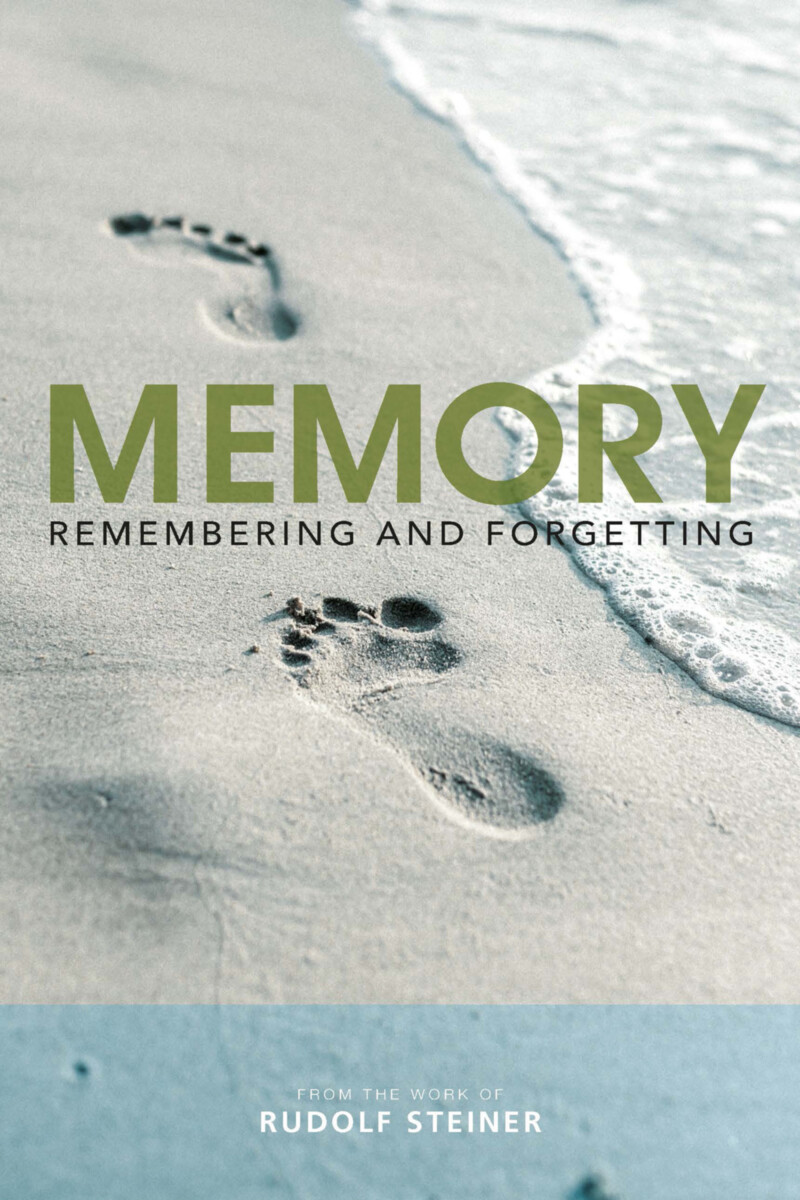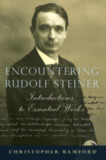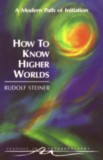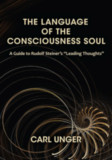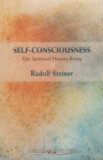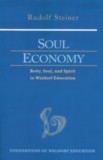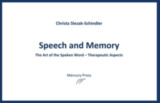Memory
Remembering and Forgetting
Introduction by Andreas Neider
Edited by Andreas Neider
Translated by Johanna Collis and Paul King
- Publisher
Rudolf Steiner Press - Published
4th August 2020 - ISBN 9781855845749
- Language English
- Pages 252 pp.
- Size 5.5" x 8.5"
What is the meaning of memory in the information age? When all knowledge is seemingly digitized and available for reference at any time, do we really need human memory? One consequence of the proliferation of the digital age is the deterioration of our capacity to remember—a symptom that is readily apparent in the steady increase of dementia in contemporary society.
Rudolf Steiner indicates that memory is the determining factor in self-awareness. Even a partial loss of memory leads to loss of self-awareness and the sense of our “I.” Thus, memory is crucial for the development of “I”-consciousness—not just for the individual, but also for humanity as a whole.
Steiner’s research into memory, recollection, and forgetting has many implications for the way we learn and for inner development and spiritual growth. This unique selection of passages from his works offers insights into ways that consciousness can remain autonomous and creative in today’s digital environment. It also provides ideas for improving education and emphasizes the importance of lifelong learning.
C O N T E N T S:
- Introduction
- The Development of Memory throughout Human History
- The Formation of Memory: Remembering and Forgetting in the Human Individual
- How Remembering and Forgetting Are Transformed by the Schooling Path—Imagination and Inspiration
- Remembering Backwards (Rückschau) and Memory Exercises
- Subconscious Memories of the Pre-birth Period and of Life between Death and a New Birth
- Memory and Remembering after Death
- The Development of Memory in the Future
Rudolf Steiner
Rudolf Steiner (b. Rudolf Joseph Lorenz Steiner, 1861–1925) was born in the small village of Kraljevec, Austro-Hungarian Empire (now in Croatia), where he grew up. As a young man, he lived in Weimar and Berlin, where he became a well-published scientific, literary, and philosophical scholar, known especially for his work with Goethe’s scientific writings. Steiner termed his spiritual philosophy anthroposophy, meaning “wisdom of the human being.” As an exceptionally developed seer, he based his work on direct knowledge and perception of spiritual dimensions. He initiated a modern, universal “spiritual science” that is accessible to anyone willing to exercise clear and unbiased thinking. From his spiritual investigations, Steiner provided suggestions for the renewal of numerous activities, including education (general and for special needs), agriculture, medicine, economics, architecture, science, philosophy, Christianity, and the arts. There are currently thousands of schools, clinics, farms, and initiatives in other fields that involve practical work based on the principles Steiner developed. His many published works feature his research into the spiritual nature of human beings, the evolution of the world and humanity, and methods for personal development. He wrote some thirty books and delivered more than six thousand lectures throughout much of Europe. In 1924, Steiner founded the General Anthroposophical Society, which today has branches around the world.


